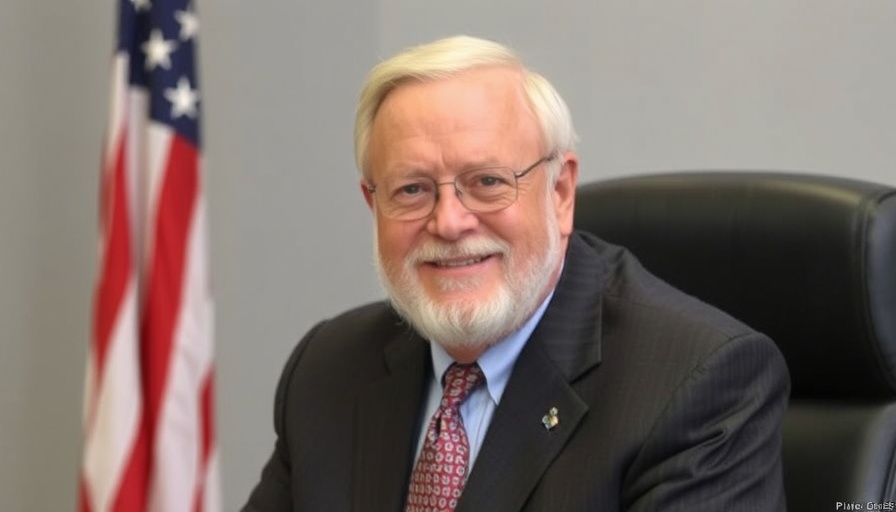
Texas Politics Under Fire: The Rise of Anti-Asian Sentiment
The political landscape in Texas has taken a troubling turn, as evidenced by the recent spate of anti-Asian insults directed at Gene Wu, the Texas House Democratic leader. This surge in racist remarks coincides with Wu's increasing visibility in legislative matters and his vocal opposition to proposed new congressional maps, which could bolster Republican representation.
Gene Wu's Personal Narrative and Legislative Stand
Rep. Wu's story is far more than political rhetoric—it’s a personal one. During a recent legislative session, he recounted tragic family history marked by the oppression experienced in China under communist rule. He stated, "Our family has been the victims of communism for a very long time, and we fled to this country as fast as we possibly could.” Wu’s testimony not only underscores his personal history but also reveals the sensitive nature of political discussions that relate to immigration and communism.
Rising Tensions and Political Consequences
This flow of anti-Asian sentiment has been alarming for many, suggesting that unchecked remarks can incite violence against the Asian American community. Organizations like the Asian American Democrats of Texas have voiced concerns that these attacks could lead to a normalization of racist discourse within Texas politics. Wu's critics, such as Sen. Mayes Middleton, have further inflamed tensions with social media comments attacking Wu’s loyalty by suggesting he is “putting China first and Texas second.” These comments, and the silence of many GOP leaders in the face of them, raise pressing questions about the environment in which Texas politicians operate.
A Broader Implication: Race and Representation
As the Texas House's dynamics shift, the implications for Asian American representation in politics are significant. Legislative racism is not just an issue of name-calling; it dismantles the credibility of Asian American leaders and creates divides among constituents. The complete lack of response from Republican leadership regarding Middleton’s remarks calls into question the party’s commitment to curbing racially charged rhetoric.
Why It Matters: Community Impact and Solidarity
With incidents like these, the risk of violence against marginalized communities amplifies. Many community activists argue that if political figures continue to make disparaging comments without repercussions, it sets a dangerous precedent. Amatullah Contractor of the Asian American Democrats of Texas noted, “When our elected officials start making these comments, then it is a free for all.”
Moving Forward: The Call for Accountability
A response is crucial not merely for the health of political discourse in Texas but for the safety and security of Asian American communities. Elected officials must hold themselves to unyielding standards of respect and civility, and they must model non-discriminatory behavior to encourage their constituents to do the same. The government’s response—or lack thereof—can make an impactful statement about where Texas stands on racial issues.
Concluding Thoughts: Building a More Inclusive Texas
As Texas shifts further into the spotlight ahead of the 2025 elections, the need for inclusive political dialogue is more critical than ever. The actions of politicians not only reflect individual motivation but also affect the larger societal climate. Together, as citizens and representatives, a stronger push for accountability can help cultivate a more respectful and inclusive public sphere in Texas.
This situation serves as a reminder of the importance of unity among leaders and citizens in combating racism and fostering a supportive environment for all communities. As we look towards upcoming elections, it is essential to engage in conversations that prioritize the dignity and respect of every Texan.
 Add Element
Add Element  Add Row
Add Row 



Write A Comment